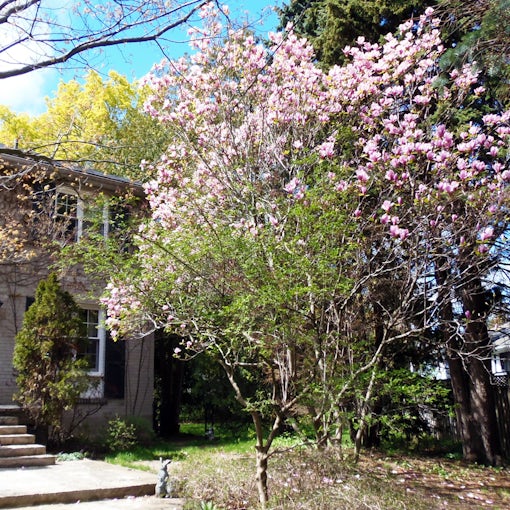As a landlord, what’s the best length tenancy to offer? As the UK private rented sector continues to grow, we examine how longer tenancies can benefit both landlord and tenant.
In recent years the Private Rented Sector (PRS) in the UK has gone from strength to strength, growing at an unprecedented speed. Thanks in part to the increasing cost of home ownership and the declining supply of social housing, the PRS now makes up around 20% of all UK households, with the number of tented homes increasing by 2.5 million since the year 2000.
The British PRS has so far been typified by short six-month tenancies of the sort that are rare in more mature rental markets in countries such as the USA, Germany and Norway. But what’s really best for both landlord and tenant?
Short tenancies, high cost?
In the UK six-month tenancies are de rigueur. It gives both landlord and tenant a ‘trial period’ to assess the suitability of the tenancy. But in reality this has created a situation of frequent tenant turnover, resulting in expensive re-letting costs for the landlord and moving costs for the tenants. In just the last year for instance, a quarter of tenants in the UK moved house. This has negative effects for all parties. The transient nature of the letting market creates costs that eat into landlords’ pockets, while tenants struggle to think of a short-term let as a real ‘home’.
Looking abroad?
Compare this with the situation in places like the USA, Germany and Norway. Their markets are characterised by long tenancies. These hugely successful markets reward landlords with stable long-term returns on investment, owing to the security and stability offered by more permanence. Tenants are given longer tenancies with strong protections, with rent increases written into their contracts. In Germany for instance, average tenancies last 11 years, compared to only 2.5 in England. A government white paper on housing recommended that the UK PRS should learn from the German model and gradually move to a system of longer term rental contracts and more protection for tenants.
Longer tenancies make sense for both landlord and tenant
So what would be the benefit of a shift towards longer tenancies? When you look at the facts it makes a lot of sense. Firstly, it reduces re-letting costs to landlords and reduces the likelihood of void periods where the property is uninhabited. With longer tenancies, occupants are more likely to think of the property as their home, instilling a mutual interest between landlord and tenant to maintain and improve the property. Thinking of the property as their home makes tenants more likely to invest in things like furniture or redecoration. Furthermore, tenants are more likely to take steps to minimise wear and tear or promptly report problems as they occur. The benefits are clear and research suggests landlords are warming to the prospect, with a survey conducted by Shelter showing that around a third of landlords like the idea of 3-5 year tenancies, while another third say they’re open to it.
Great tenants for great landlords
Belvoir is taking steps to secure longer tenancies from our best tenants. By incentivising tenants to sign 12 or 24 month contracts, our managed properties will become more profitable for landlords and better homes for occupants. Contracts will still allow for rent increases and early termination fees but will decrease landlords’ exposure to expenses such as void periods, re-letting costs and property upkeep. Belvoir’s excellent screening process, built in early termination fees and robust, inexpensive Rent Guarantee product (which covers the cost of eviction if necessary) assures that your investment returns are likely to increase with longer tenancies.
You may also be interested in:
>> 13 legal obligations you must abide as a landlord
>> How do ou maximise rental income in Peterborough
Luke Clarke
Lettings Manager
01733 321 500
luke.clarke@belvoir.co.uk
Luke Clarke is Belvoir’s Lettings Manager. Luke has over 12 years of property experience and has built up unrivalled expertise in the lettings industry and remains a tried and tested advisor for landlords who not only intrust Luke with the complexities of day to day property management but also to assist them with the ongoing development of their property portfolio.








